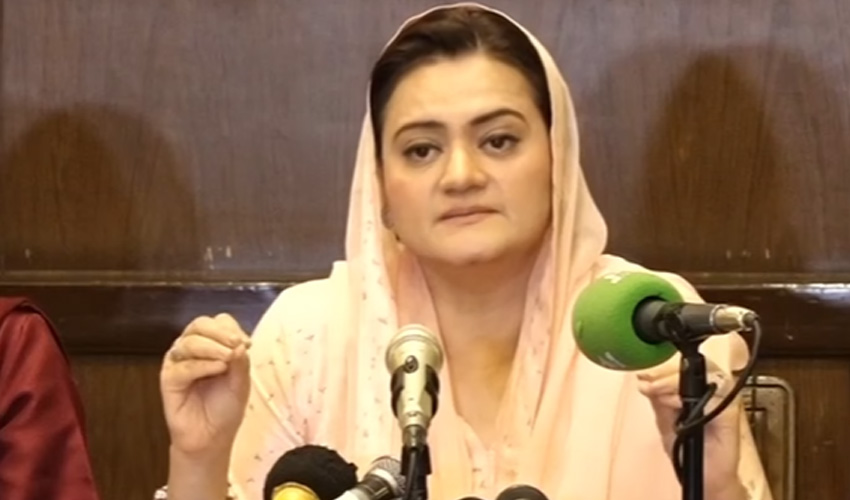The International Monetary Fund (IMF) has issued a technical report emphasizing the urgent need for Pakistan to implement comprehensive reforms to improve its budgeting.
The report highlights that 60% of Pakistan's budget revenue is being spent on interest payments on loans, with government debt rising significantly. This has placed the country in a precarious financial position, the report stated, requiring strict budget control in the coming years.
The IMF noted that better fiscal discipline will remain a significant challenge while maintaining necessary social and development expenditures.
The report also identified external financial pressures, unusual floods, and wrong policy decisions as major contributors to Pakistan's current economic challenges.
The IMF proposed several measures to enhance Pakistan's budgeting processes and financial stability. The report recommends aligning the structure of the Finance Ministry with international best practices. Capacity building and reorganisation of the ministry were needed as essential steps for effective budgeting, it added.
Stressing the importance of fiscal discipline, the IMF report urged Pakistan to adhere to the Supreme Court's 2013 decision on supplementary grants. The supplementary budget should be scrutinised according to the 2013 verdict, it added.
It advised prior approval from the National Assembly for significant financial decisions, as well as amendments to relevant laws and regulations to improve transparency and accountability. The report stressed the need for a comprehensive digitalisation master plan, adding that it is difficult to transition from a primary fiscal deficit to a primary surplus, emphasizing the importance of credible budget presentations and their effective implementation.
The report underscored that the establishment of strong financial institutions can ensure more credible budgeting practices. According to the IMF, a strong institutional framework is critical for sustainable economic governance in Pakistan.


























